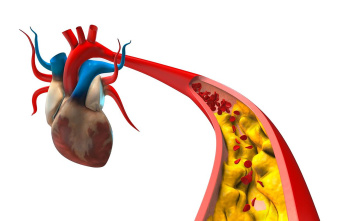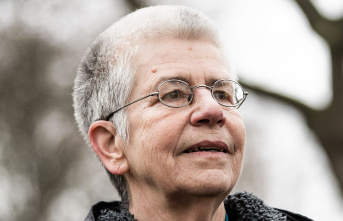More and more people are taking off their shoes and walking barefoot. They walk on the streets, in cafes, on hiking trails, at airports. Videos of people walking barefoot in the wilderness rattle up and down on Tiktok and other social networks. And even pop culture media is all about bare feet: In a recent episode of Succession, Lukas Matsson (played by Alexander Skarsgard) walks barefoot on the runway before boarding his private plane.
"I'm scared," says Dr. Priya Parthasarathy, a US podiatrist, told The Time. "You risk a lot of trouble, and I 100 percent don't recommend it, for many different reasons."
Proponents of barefoot walking claim they are more "grounded", have less stress and sleep better. It's true that walking barefoot on carpet improves blood circulation and can strengthen the foot muscles. Otherwise, the trend has more disadvantages than advantages: shoes provide important structural support, comfort, and protection from a variety of threats, including sharp objects on the ground, vermin, heat, and invisible germs.
For one thing, tiny cuts on your feet can let bacteria in. You can't see them, but bacteria, fungi, and viruses are prevalent in showers, locker rooms, swimming pools, and anywhere there is a lot of water or moisture. "When you're out in public, you're walking on surfaces that hundreds of people have walked on," says Parthasarathy. "You have no idea what you're dealing with.
After a few days, the reminder often comes: Athlete's foot can affect the skin on the feet, including the spaces between the toes. Nail fungus can discolor toenails, crack them, or even detach them from the nail bed. Plantar warts can develop, small growths caused by the human papillomavirus.
In addition, walking barefoot for a long period of time can change the biomechanics of the feet for the worse. Over the long term, this can accelerate the formation of bunions and hammer toes, or lead to conditions like plantar fasciitis, shin splints, and Achilles tendinitis. The foot can be so heavily loaded that it collapses.
Another danger in summer: sunburn. Our feet aren't used to being outdoors, and we often forget to apply sunscreen to the top and bottom, says Parthasarathy. Walking over hot concrete can cause burns that are difficult to heal - a particular danger for people with diabetes, who may have neuropathy, meaning they don't feel the burn in their feet. Also, it takes longer for them to recover.
The risks are simply not worth it, says the expert. Research also suggests that people started wearing sandals or moccasins more than 40,000 years ago - and there's a good reason for that.












